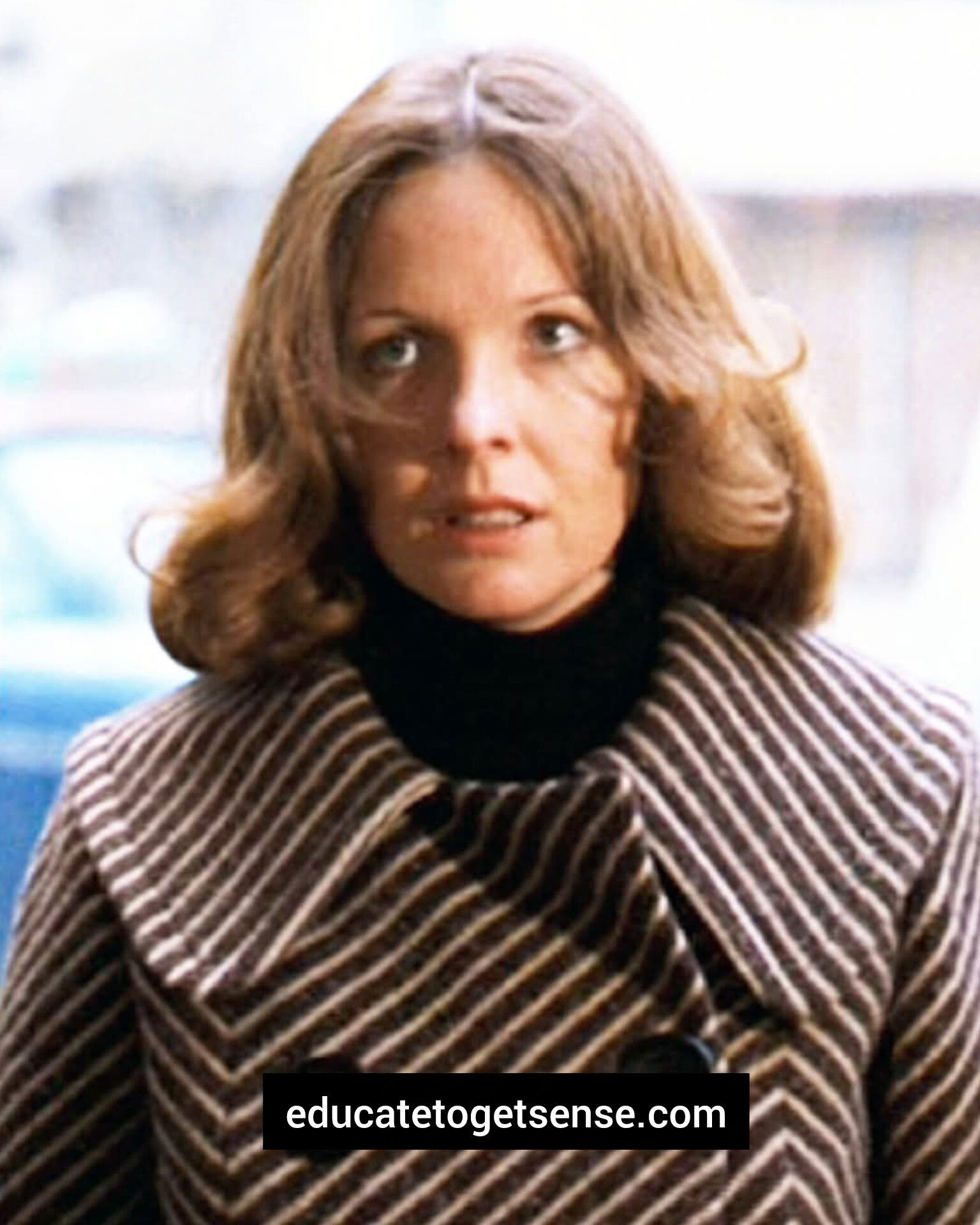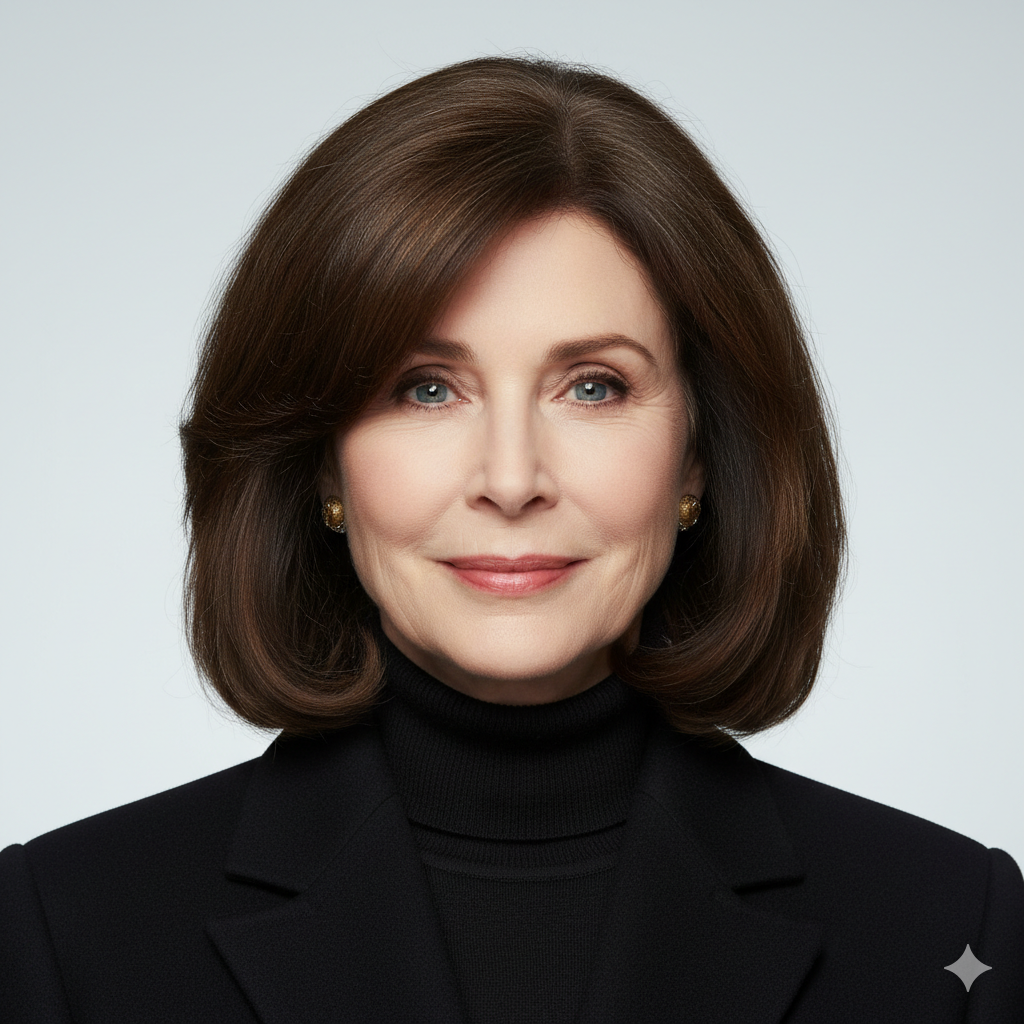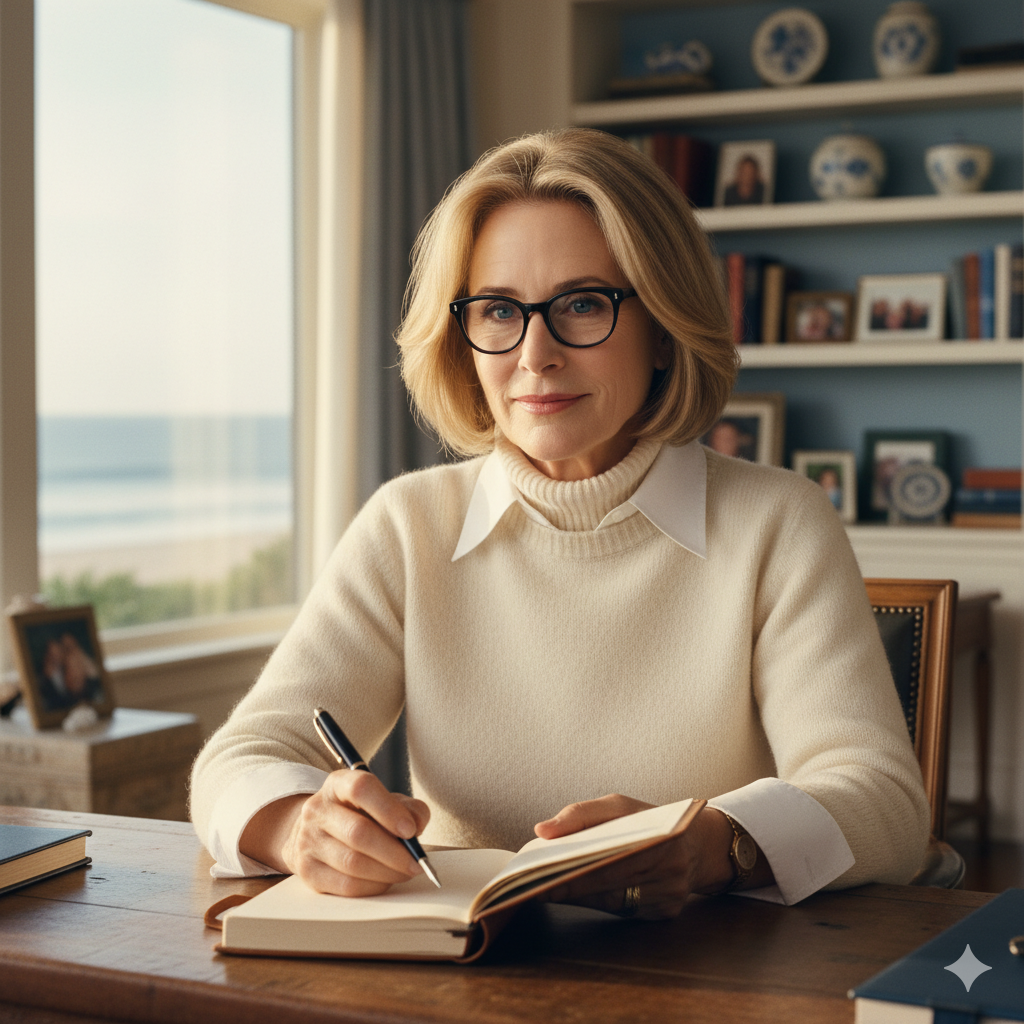DIANE KEATON: A LEGACY OF CINEMATIC BRILLIANCE (1946-2025)

The world of cinema mourns the loss of an icon, a woman whose unique blend of vulnerability, wit, and unparalleled talent graced the silver screen for over five decades. Diane Keaton, the Oscar-winning actress beloved for her unforgettable roles in classics like 'Annie Hall' and 'The Godfather' films, passed away at the age of 79. Her death marks the end of an extraordinary era, leaving behind a vast and indelible cinematic legacy that will continue to inspire generations of filmmakers and actors.
Born Diane Hall in Los Angeles, California, on January 5, 1946, her journey into the performing arts began with a passion for singing and theater. Early in her career, she adopted her mother's maiden name, Keaton, to avoid confusion with another actress. It was in the vibrant theater scene of New York City that she honed her craft, eventually making her Broadway debut in the original 1968 production of "Hair." This early experience on stage provided a crucial foundation for the expressive and often improvisational style that would become her trademark.
However, it was her fortuitous collaboration with director Woody Allen that truly propelled her into the cinematic stratosphere. Their professional and personal relationship became a cornerstone of her early film career, leading to a series of groundbreaking performances that redefined the romantic comedy genre. Her role as Annie Hall in Allen's 1977 masterpiece, 'Annie Hall,' was nothing short of revolutionary.

The film, which won four Academy Awards including Best Picture, saw Keaton portray a quirky, fashion-forward, and deeply authentic character whose anxieties and charm resonated deeply with audiences. Her performance earned her the Academy Award for Best Actress, cementing her status as a leading lady and a cultural icon. The film's influence on fashion, dialogue, and storytelling remains palpable even today, largely thanks to Keaton's indelible portrayal.But even before her 'Annie Hall' triumph, Keaton had already left an indelible mark on cinematic history with her pivotal role as Kay Adams-Corleone in Francis Ford Coppola's iconic crime saga, 'The Godfather' (1972) and 'The Godfather Part II' (1974).
As Michael Corleone's sophisticated and increasingly disillusioned wife, she navigated the treacherous waters of the Corleone family with a quiet strength and moral fortitude that provided a crucial counterpoint to the escalating violence and corruption around her. Her nuanced performance in these films showcased her remarkable ability to hold her own amidst a powerhouse ensemble cast, demonstrating a depth and gravitas that hinted at the vast range she would continue to explore throughout her career.Keaton's filmography is a testament to her versatility and her fearless pursuit of challenging roles.
She effortlessly transitioned between genres, from the psychological drama of 'Looking for Mr. Goodbar' (1977), where she delivered a raw and unflinching performance, to the lighthearted charm of 'Manhattan' (1979), another collaboration with Woody Allen that beautifully captured the complexities of urban relationships. Her ability to infuse her characters with a unique blend of intelligence, vulnerability, and a distinctly modern sensibility made her a captivating presence on screen.Throughout the 1980s and 1990s, Keaton continued to deliver memorable performances, often exploring themes of love, family, and self-discovery.
Films like 'Reds' (1981), for which she received another Oscar nomination, showcased her dramatic prowess as she portrayed journalist and activist Louise Bryant alongside Warren Beatty. In 'Baby Boom' (1987), she perfectly captured the modern woman struggling to balance a high-powered career with unexpected motherhood, demonstrating her comedic timing and relatable charm. Her role in 'Father of the Bride' (1991) and its sequel (1995) endeared her to a new generation of viewers, showcasing her warmth and ability to portray matriarchal figures with grace and humor.Beyond her acting, Diane Keaton was also a talented director, stepping behind the camera for films like 'Unstrung Heroes' (1995) and episodes of television series.
Her artistic curiosity extended to photography and writing, further highlighting her multifaceted creative spirit. She published several books, including a memoir, "Then Again," offering insights into her life, career, and relationships.In the later stages of her career, Keaton continued to defy conventional ageism in Hollywood, embracing roles that celebrated maturity, wisdom, and the enduring power of love. Films like 'Something's Gotta Give' (2003), opposite Jack Nicholson, earned her widespread critical acclaim and another Oscar nomination, proving that her star power and ability to charm audiences remained undiminished.
Her chemistry with Nicholson was palpable, and their on-screen romance resonated deeply with audiences who appreciated a mature love story. She continued to work consistently, appearing in comedies, dramas, and independent films, always bringing her distinctive touch to each character.Diane Keaton was more than just an actress; she was a cultural phenomenon. Her distinctive fashion sense, often characterized by menswear-inspired tailored suits, hats, and layered ensembles, made her an unwitting style icon.
Her independent spirit, intellectual curiosity, and refusal to conform to Hollywood norms made her a role model for countless women. She never married, choosing to live her life on her own terms, adopting two children, Dexter and Duke, who became the center of her world.Her passing at 79 leaves a void in the entertainment industry that will be difficult to fill. Diane Keaton’s contributions to film are immeasurable. She had a rare ability to capture the complexities of the human experience with a grace, humor, and authenticity that made her characters feel profoundly real.
She challenged conventions, inspired creativity, and left an indelible mark on the hearts of millions.As we look back on her remarkable career, we remember a woman who was truly one of a kind. Her performances will continue to be cherished, studied, and enjoyed for generations to come. Diane Keaton's legacy is not just a collection of films, but a testament to the power of artistic expression, the beauty of individuality, and the enduring magic of cinema. She will be deeply missed, but her light will continue to shine brightly through the timeless art she left behind.
